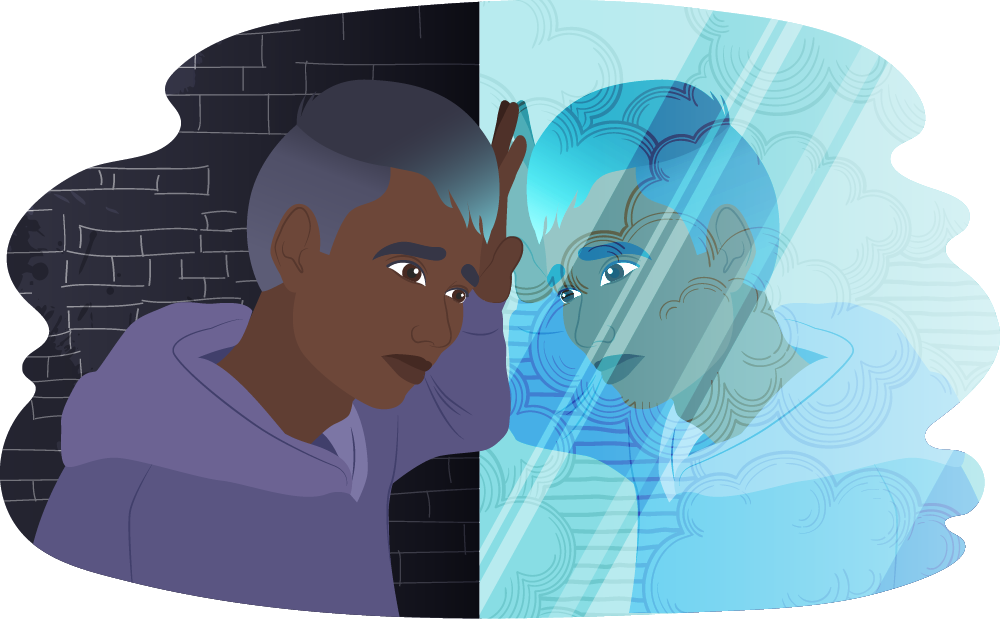I'm not ready to go back to normal
The pressure to return to ‘normal’ after a collective trauma, like a ...
READ MEIf something big, like a natural disaster or pandemic has got you anxious about when, how or even if life will go back to normal, you’re not alone.

Our brains find change and the unknown stressful. Routines, and everything that’s familiar is something our brain sees as being ‘safe’ - so it’s normal if you find yourself wishing or fantasising you can go back there. And dealing with stress gets supertiring after a while, making us hope for some normalcy again to cope.
In some cases, it’s not always possible to go back to ‘normal’ - at least, the ‘old normal’. But with time, it is possible to get used to a ‘new normal’.
There’s no time limit or right or wrong way to cope with something like a natural disaster. Everyone heals in their own time and their own way. The one thing we all have in common, is that things like this change us. For some people, the change is bigger than for others.
Going through any kind of change brings up lots of tricky feelings. Those feelings are deeply personal and don’t always ‘match’ our experience – or we might feel mixed feelings at the same time, e.g. feeling both lucky things weren’t worse and pissed off it happened at all.
After something big, like a pandemic or disaster, it's normal for change to bring feelings of grief. Change usually means that there’s been some degree of ‘loss’.
That loss could be ‘tangible’, like losing a home or someone you care about. Or, it could be psychological, like losing your routine, or your feeling of safety and predictability.
“We don’t ‘move on’ from loss, we ‘move forward' with it.”
– Amanda, Kids Helpline Counsellor
People saying things like, “Everything happens for a reason” can feel super insensitive – especially if you’re living through your worst-case scenario. Meaning is something that you give yourself. It doesn’t necessarily make the bad stuff ‘worth’ it – but it can help when it feels like things are pointless or worthless or out of control.
A natural disaster or a pandemic is a ‘collective trauma’. This means a lot of people are going through the same difficult experiences as each other.
Here are some ways the community can start to heal, when the time is right:
I'm not ready to go back to normal
The pressure to return to ‘normal’ after a collective trauma, like a ...
READ MEAll about anxiety
Everyone feels anxious from time to time. But for someone with anxiety, ...
READ MEWhat is this big thing called grief?
Losing someone you cared about can be heartbreaking and turn your world ...
READ MEDealing with health anxiety
Have you ever experienced an unusual physical symptom and thought, "Oh no, ...
READ METalking helps! We’re here for you.
No problem is too big or too small.
We're here 24 hours a day, 7 days a week